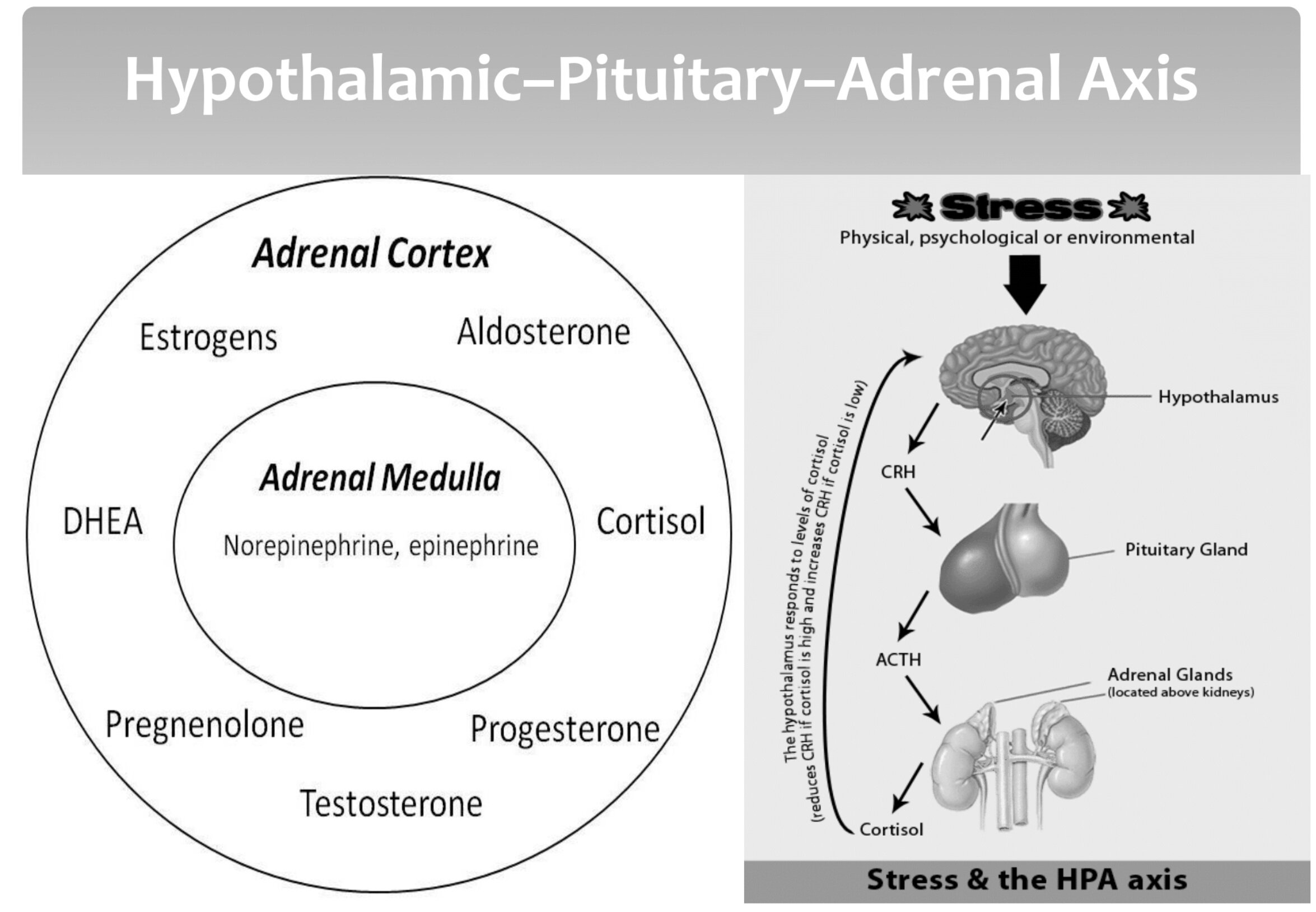Early Evidence Shows That Fasting and Ketogenic Diet Help to Fight Cancer
Cancer loves glucose, which is why fasting, restricting calorie consumption or following the ketogenic diet may make chemotherapy and some other cancer treatments more effective and easier to tolerate, early evidence shows.
It’s hard to imagine a more counterintuitive cancer treatment than fasting. Why deprive the body of vital nutrients when it would seem to need them most? However, a growing body of research suggests that fasting decreases the toxicity of cancer treatments and may increase their efficacy as well. Some evidence also shows that a ketogenic diet, which deprives the body of carbohydrates rather than deprivation of total calories, may increase the efficacy of some cancer treatments. Additionally, there is even some thought that intermittent fasting and ketogenic diets may help prevent cancer, although evidence for this is currently limited.
Prevention may be the answer after all. Healthy cells and tumor cells respond differently to fasting. Healthy cells shut down their growth-promoting pathways shortly after the food stops coming in and focus on cell repair. Cancer cells, on the other hand, rarely slow their unrestrained growth enough to engage in this self-protective behavior. Fasting thus increases the ability of healthy cells to withstand stressors such as chemotherapy or radiotherapy, but it leaves cancer cells, which suddenly have less nutritional support to sustain their rapid growth, unusually weak and vulnerable. Fasting also depletes stored carbohydrates. Normal cells can adapt to this by running mostly on two fat-derived energy sources, fatty acids and ketones. Yet cancer cells are far more reliant on sugars, starches and the insulin that drives them into cells.
The first clinical trial of short-term fasting in humans, which was published in 2009, reported results in 10 patients with various types of cancer. It found that fasting reduced chemotherapy-related toxicities (i.e. fatigue, weakness and gastrointestinal side effects) in the six patients who fasted 48 to 140 hours before and five to 56 hours after some (but not all) of their chemotherapy sessions.
Several other trials in humans, all of them following small patient populations for short periods of time, have also found that fasting reduced treatment-related toxicities such as fatigue or DNA damage in healthy cells. For example, one Dutch trial assigned six patients with breast cancer to follow normal dietary guidelines and seven others to fast 24 hours before and after chemotherapy. Nonhematological toxicity did not differ between the two groups, but the researchers found evidence that fasting reduced bone marrow toxicity and reduced chemotherapy-induced DNA damage in some healthy blood cells.
Data from several of these small trials also suggest that fasting increases treatment efficacy, but none of them were large enough (or lasted long enough) to prove that fasting extended patients’ survival. There is even less evidence to support the use of fasting or the ketogenic diet in combination with immunotherapy treatments, although that remains a tantalizing possibility.
References:
Longo VD, Fontana L. Calorie restriction and cancer prevention: metabolic and molecular mechanisms. Trends in pharmacological sciences 2010;31:89-98.
Racette SB, Das SK, Bhapkar M, et al. Approaches for quantifying energy intake and %calorie restriction during calorie restriction interventions in humans: the multicenter CALERIE study. American journal of physiology Endocrinology and metabolism 2012;302:E441-8.
Harvie M, Wright C, Pegington M, et al. Intermittent dietary carbohydrate restriction enables weight loss and reduces breast cancer risk biomarkers. Cancer Research 2011;71.
Lee C, Longo VD. Fasting vs dietary restriction in cellular protection and cancer treatment: from model organisms to patients. Oncogene 2011;30:3305-16.
Raffaghello L, Safdie F, Bianchi G, Dorff T, Fontana L, Longo VD. Fasting and differential chemotherapy protection in patients. Cell cycle (Georgetown, Tex) 2010;9:4474-6.
Lee C, Raffaghello L, Brandhorst S, et al. Fasting cycles retard growth of tumors and sensitize a range of cancer cell types to chemotherapy. Science translational medicine 2012;4:124ra27.
Colman RJ, Anderson RM, Johnson SC, et al. Caloric restriction delays disease onset and mortality in rhesus monkeys. Science (New York, NY) 2009;325:201-4.
Kalaany NY, Sabatini DM. Tumours with PI3K activation are resistant to dietary restriction. Nature 2009;458:725-31.
Cheng CW, Adams GB, Perin L, et al. Prolonged fasting reduces IGF-1/PKA to promote hematopoietic-stem-cell-based regeneration and reverse immunosuppression. Cell stem cell 2014;14:810-23.
Varady KA, Hellerstein MK. Alternate-day fasting and chronic disease prevention: a review of human and animal trials. The American journal of clinical nutrition 2007;86:7-13.
Ong KR, Sims AH, Harvie M, et al. Biomarkers of dietary energy restriction in women at increased risk of breast cancer. Cancer prevention research (Philadelphia, Pa) 2009;2:720-31.
Wright JL, Plymate S, D’Oria-Cameron A, et al. A study of caloric restriction versus standard diet in overweight men with newly diagnosed prostate cancer: a randomized controlled trial. Prostate 2013;73:1345-51.
Marinac CR, Nelson SH, Breen CI, et al. Prolonged Nightly Fasting and Breast Cancer Prognosis. JAMA oncology 2016.
Safdie F, Brandhorst S, Wei M, et al. Fasting enhances the response of glioma to chemo- and radiotherapy. PloS one 2012;7:e44603.
Safdie FM, Dorff T, Quinn D, et al. Fasting and cancer treatment in humans: A case series report. Aging 2009;1:988-1007.
Michalsen A, Li C. Fasting therapy for treating and preventing disease – current state of evidence. Forschende Komplementarmedizin 2013;20:444-53.




